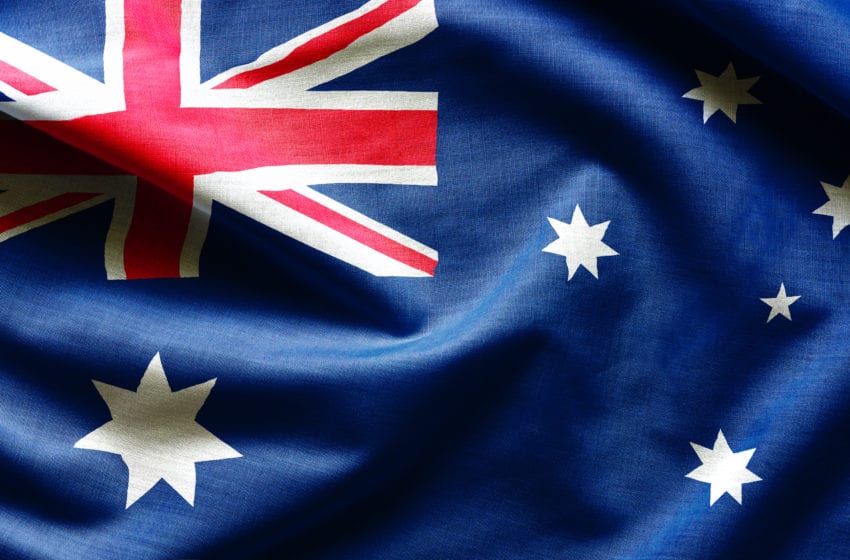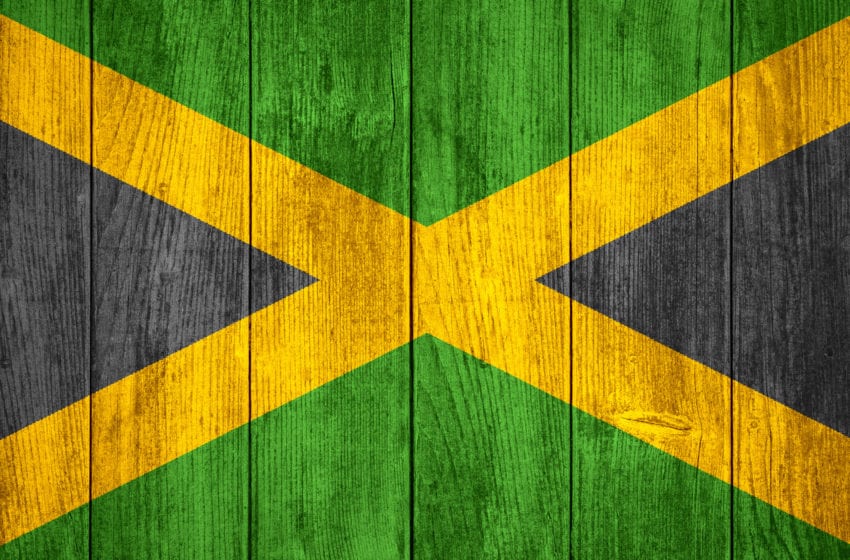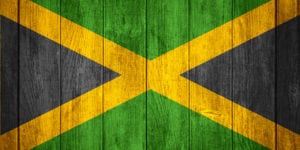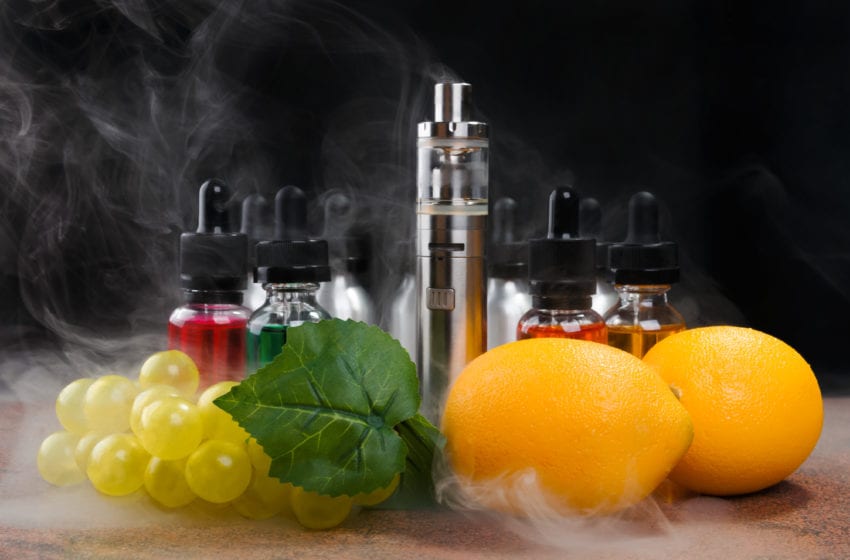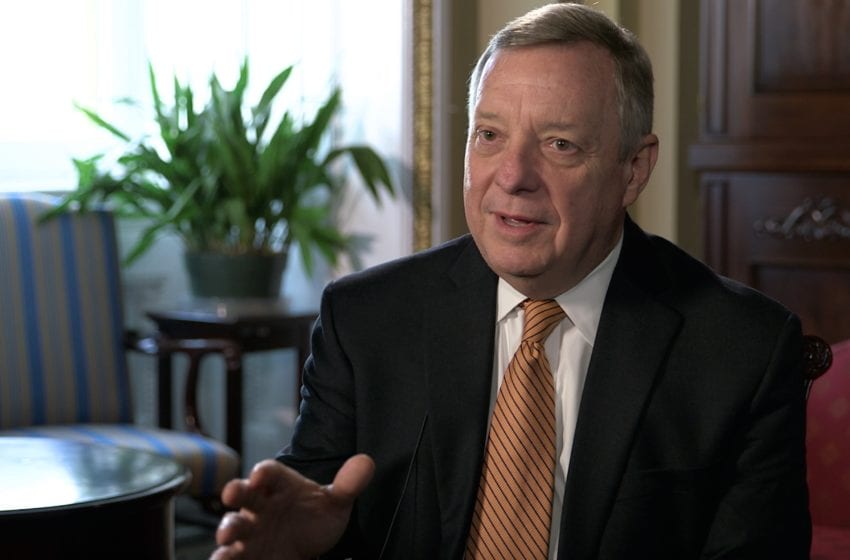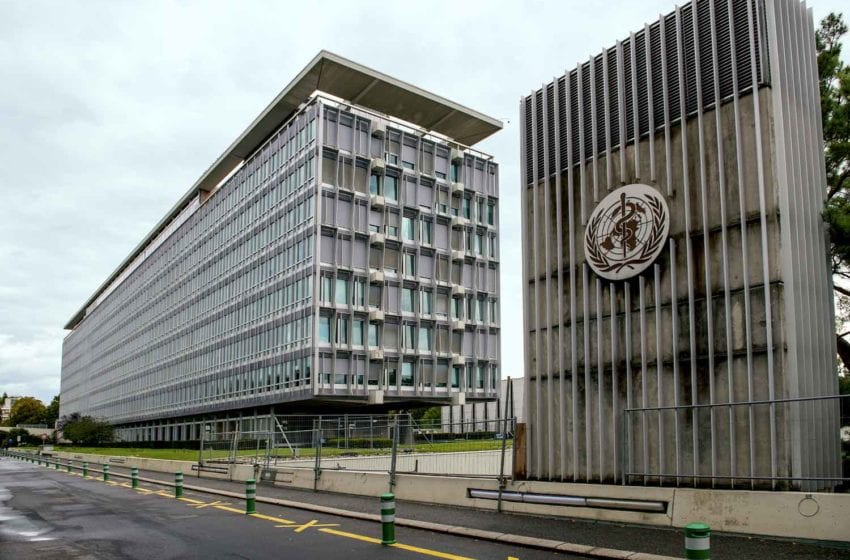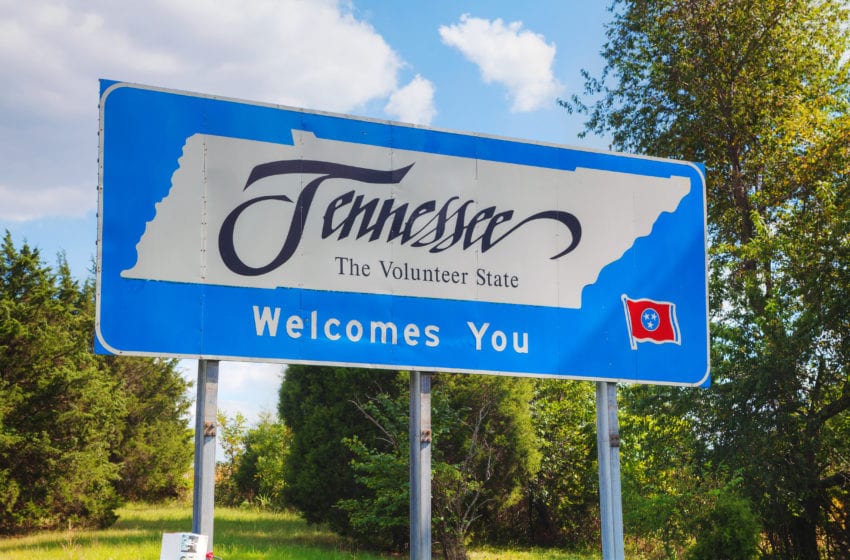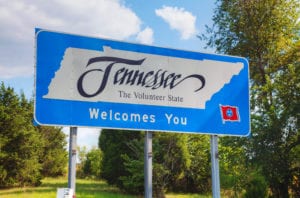Beginning in October, Australian businesses will face fines of up to AUS11 million ($8.2 million) if they are caught selling illegal nicotine vaping products. That’s when a strict new set of safety guidelines from the medicines regulator will come into effect for vaping products that are supplied into Australia and are not registered in the Australian Register of Therapeutic Goods. There are currently no nicotine vaping products in the register.

The move comes as part of an overhaul of the country’s vaping regulations. The rules state Australians must have a prescription before buying e-cigarettes and vaping products online from overseas, according to the Sydney Morning Herald.
The new quality rules specify that the products must not contain any active ingredients other than nicotine. They also detail set labelling and packaging rules, including warnings to keep the goods out of reach of children. The rules also ban certain flavoring additives such as cinnamaldehyde, which is used to create a cinnamon flavor, and acetonin, which is used to create a creamy flavor.
A Therapeutic Goods Administration (TGA) spokesperson said supplying non-compliant products was a criminal offence and could also result in civil penalties and fines “up to 5,000 penalty units for an individual – up to AUS1,110,000 – and 50,000 penalty units for a corporation – up to AUS11,100,000.”
The federal Department of Health held widespread consultation on the new standards, with advocacy group Quit arguing in its feedback that the regulator should be regularly tracking and updating restricted ingredients in line with new evidence about the risks they might pose. “The TGA will revise the list in Schedule 1 to TGO 110 if and when more evidence becomes available showing that other ingredients used in nicotine vaping products carry demonstrable health risks associated with inhalation,” the TGA spokeswoman said.

